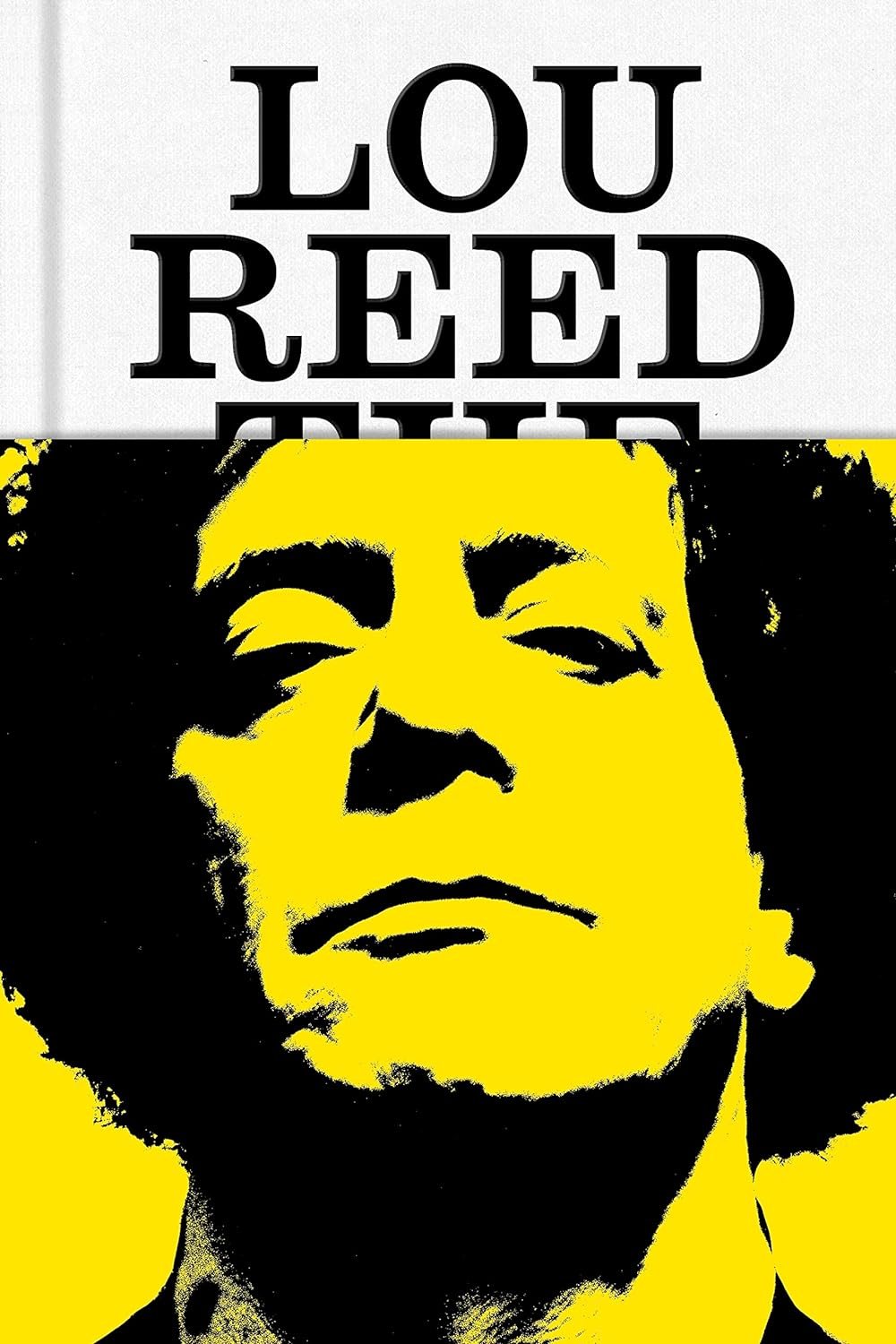Time has redeemed many of Reed’s supposed misfires, particularly Transformer, Berlin, and Metal Machine Music. We can now see where he fits on the continuum of punk, post-punk, and New Wave, as well as in the larger sweep of New York’s avant-garde. In his 1975 Rolling Stone review of Metal Machine Music, James Wolcott memorably skewered the album as sounding “like the tubular groaning of a galactic refrigerator”—a sentiment most of his fellow critics echoed. Four decades later, Mark Richardson, writing in Pitchfork, hailed the album as “exhilarating” and “beautiful.” What explains this about-face?
As Brian Eno supposedly quipped, the first Velvet Underground album initially sold only 10,000 copies in its first five years, but everyone who bought a copy started a band. And so Reed’s influence as both a figurehead and a solo act diffused across generations—through Patti Smith, Television, Talking Heads, and the New York Dolls, on through to Sonic Youth and R.E.M. and the Cowboy Junkies, to, more recently, the Killers and (most self-consciously) the Strokes. As I write this, Al Green has just released a cover of “Perfect Day,” a beloved Reed standard from 1972. When Reed performed at the White House in 1998, he was something of an elder statesman himself, a rock veteran who had grown up alongside the genre and harassed it into his own abrasive, literate image. His best music is “a perfect balance between rock ’n’ roll’s unhinged id and its intellectual superego,” Hermes writes, and so Reed became synonymous with a style of rock that was at least nominally “pure,” whatever its corporate imprimatur.
One other thing Reed has come to embody: a New York that exists only in memory, a city of unbridled id and romantic sleaze, “something like a circus or a sewer,” as he sang. He connects us to a place where degradation was currency but redemption always in the offing—by some measures, the recipe for a perfect rock song. New York ain’t what it used to be. But as long as we pretend otherwise, Lou Reed will be its mirror.
